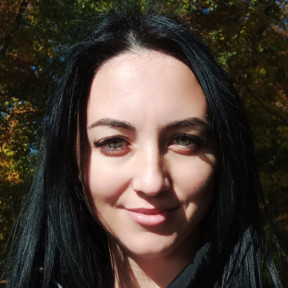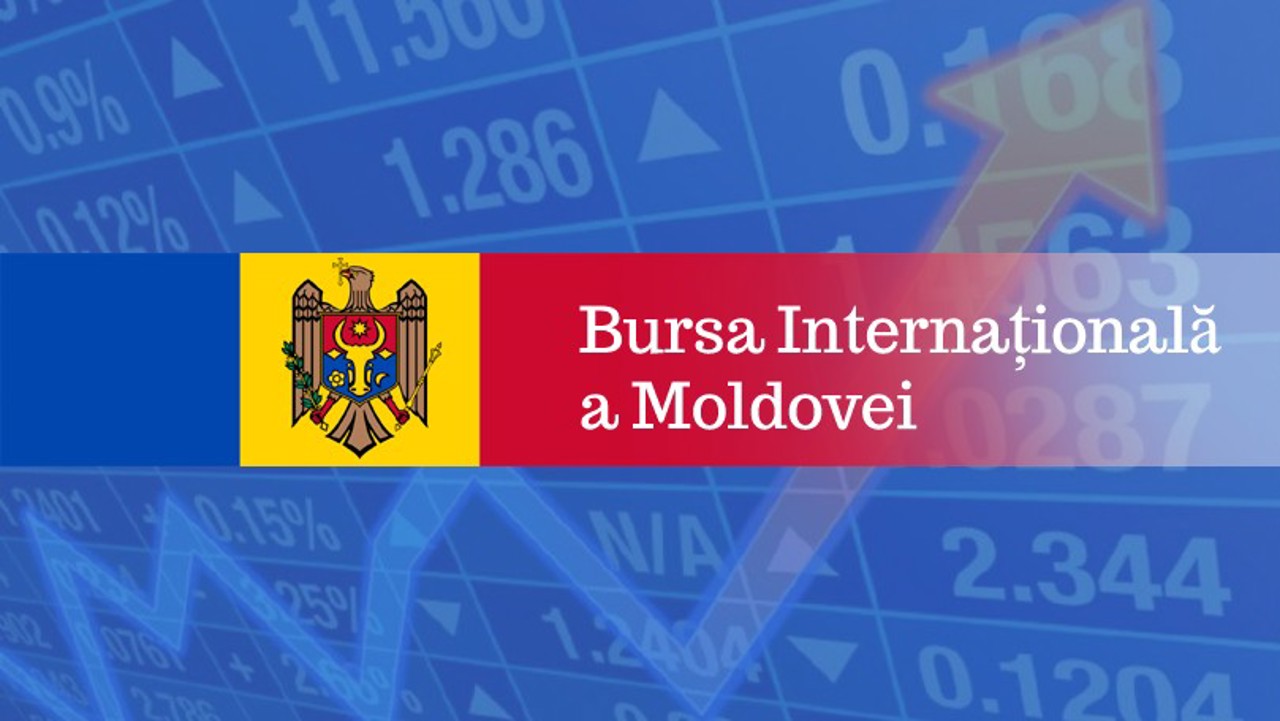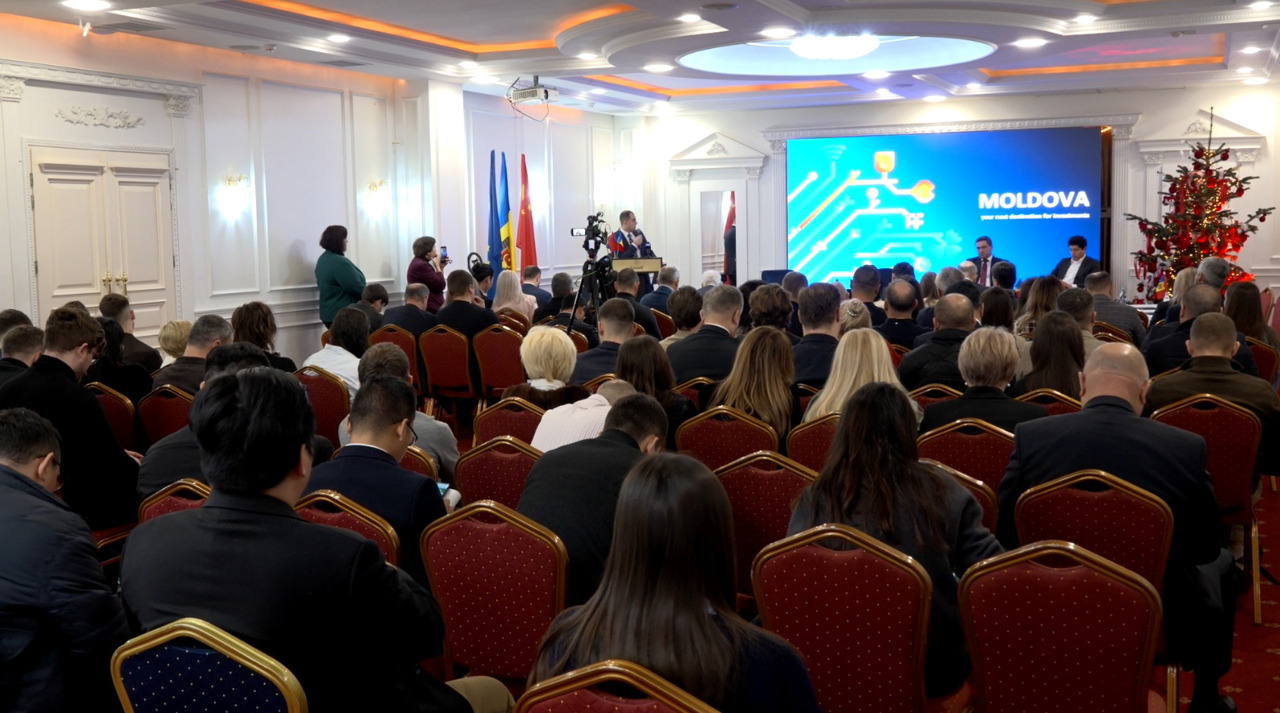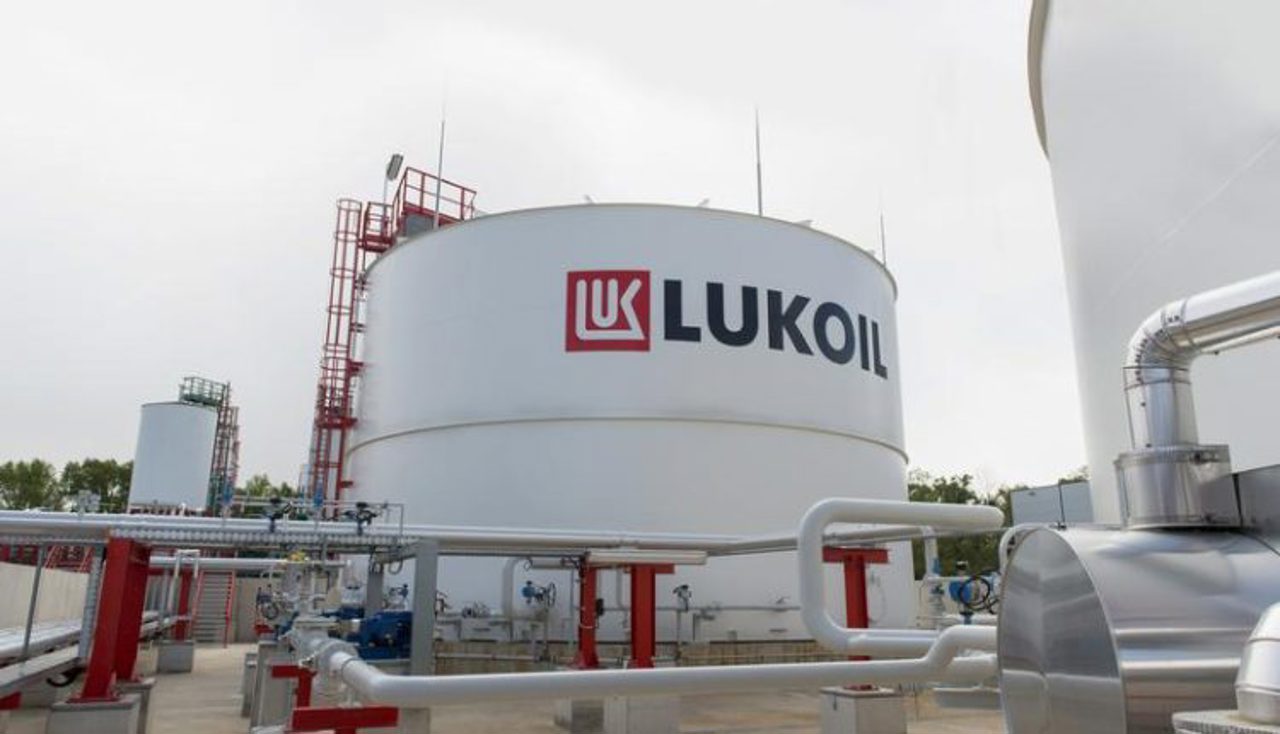Polling stations in Turkey have closed. More than 60 million Turks were able to cast their votes
Polling stations in Turkey closed at 17:00. Turks voted today in the most important election in their modern history to decide whether Recep Tayyip Erdogan remains president after 20 years in power.
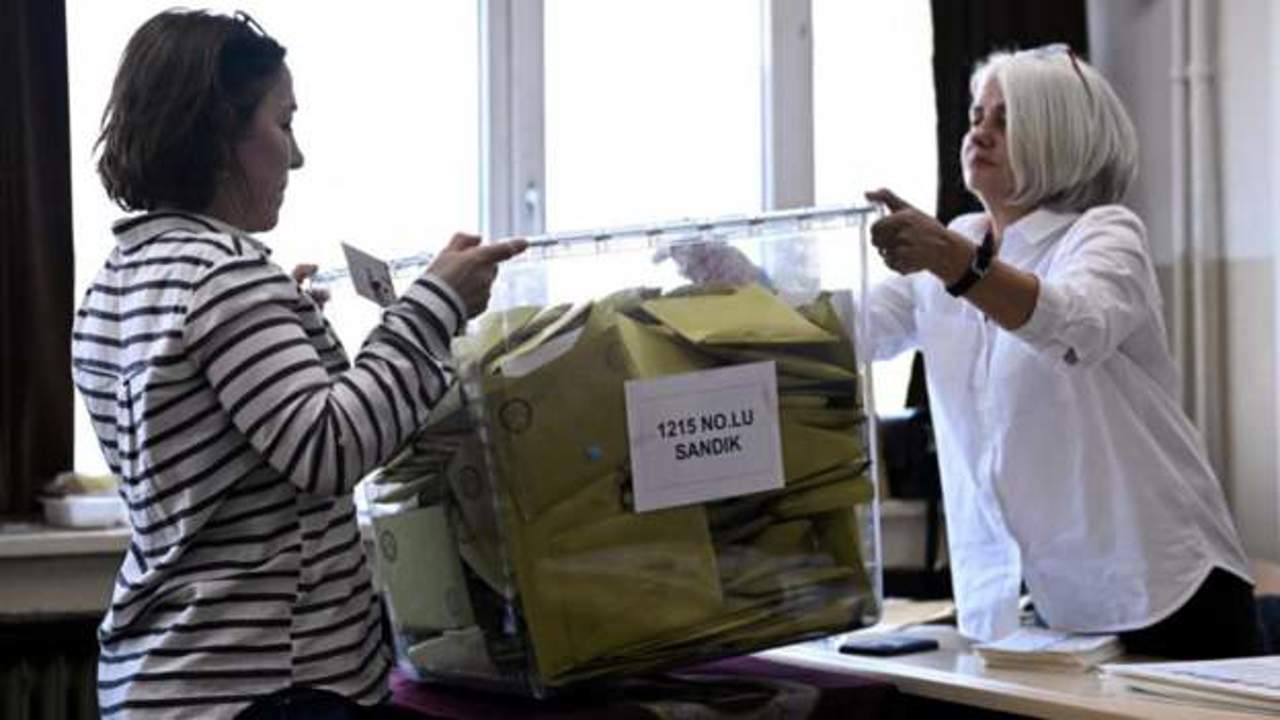
The vote will decide not only who leads Turkey, a NATO member, but also how it is governed, where its economy is heading amid a deep cost-of-living crisis and the shape of its foreign policy, Reuters reports.
Opinion polls have given Erdogan's main challenger, Kemal Kilicdarolu, who leads a six-party alliance, a better chance. If none wins more than 50% of the vote today, there will be a run-off election on 28 May.
Although Turkish law prohibits the reporting of any results until 21:00, Turkey's Supreme Election Council has lifted this ban, reports the BBC.
The source also notes that inflation has reached a 24-year high of 85.5% in October 2022 and the official rate is still below 44%.
The transport, food and housing sectors have seen the biggest price increases.
A cut in interest rates in 2021 from 19% to 14% led to a fall in the value of the Turkish lira, which meant it would cost more for the country to import goods from abroad. High prices for basic food items and rent are among voters' biggest concerns.
Turkey is one of the few predominantly Muslim countries that is secular.
Once the centre of the Ottoman Empire, the modern secular republic was founded in the 1920s by nationalist leader Kemal Ataturk.
Located on the continents of Europe and Asia, Turkey's strategically important location has given it major influence in the region - and control over the entrance to the Black Sea.
Joining the European Union has been a long-standing ambition for this country of some 85 million people. Accession talks were launched in 2005 but stalled due to serious doubts about Turkey's human rights record.
The country's economy has been generally unstable over the past decade, with the Turkish lira losing 90% of its value against the US dollar, according to data from the World Bank and the Central Bank of Turkey, the BBC adds.
Although the country's laws are those of a secular democratic state, society and politics have been largely influenced by President Erdogan's Islamist-rooted conservative Justice and Development Party (AKP), which has been in power for the past 20 years.
